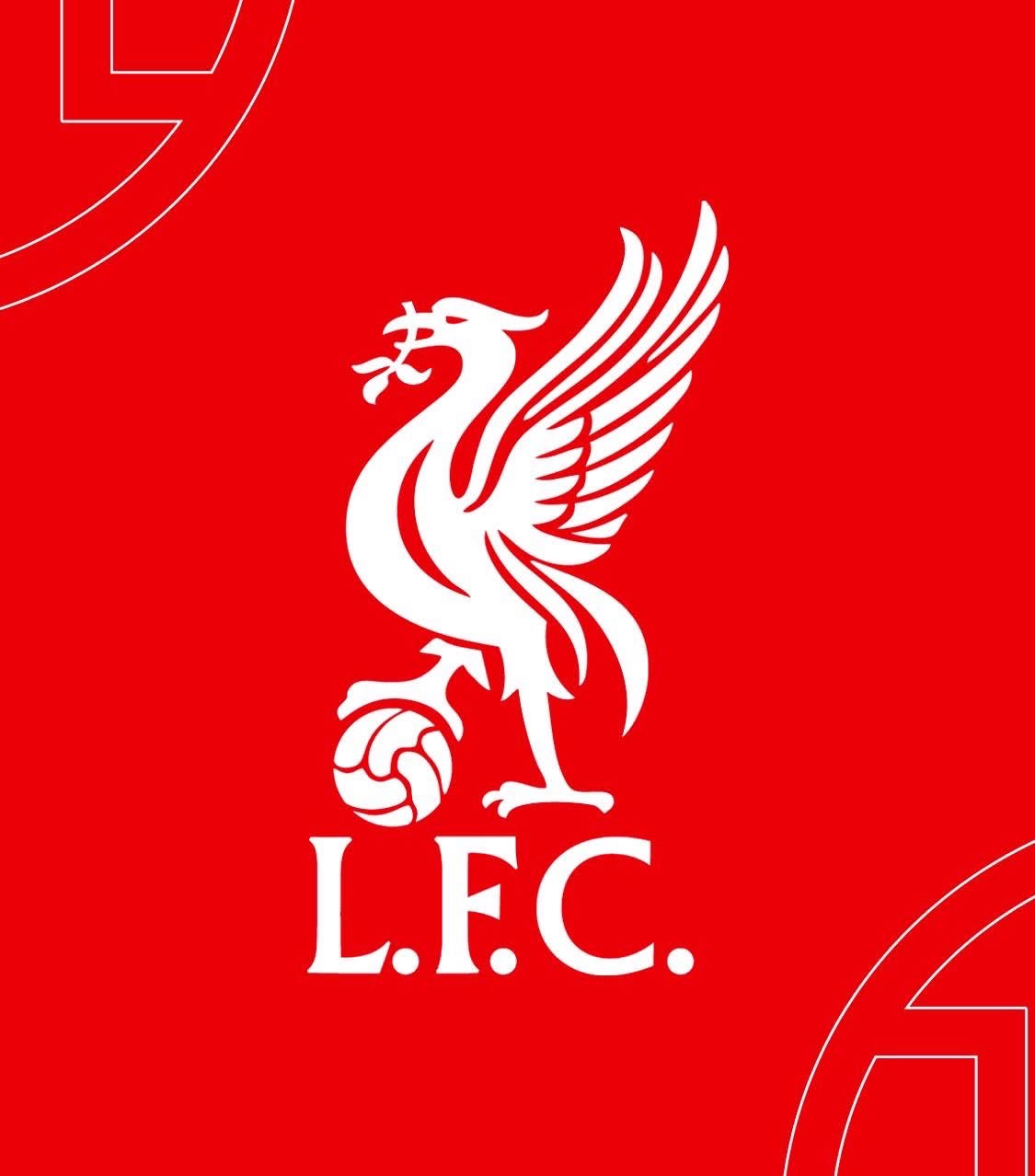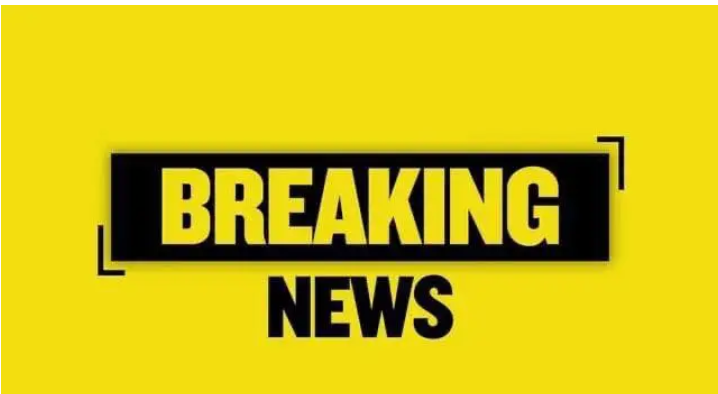The spotlight once again falls on Premier League referee Michael Oliver after a contentious VAR decision during Liverpool’s 3-0 defeat to Manchester City. The match, which was expected to be a high-stakes encounter between two title hopefuls, turned even more dramatic when Virgil van Dijk’s first-half goal was ruled out for offside interference. The call, confirmed by VAR, sparked outrage among Liverpool supporters and reignited debates about the consistency and fairness of officiating decisions in the Premier League.
According to the Premier League’s official statement, the decision to disallow Van Dijk’s header was based on Andy Robertson being in an offside position and obstructing the goalkeeper’s line of sight. While the technical explanation was clear, many argued that Robertson’s involvement did not significantly impact the play. Liverpool manager Arne Slot was visibly frustrated after the match, stating that the goal should have stood and that the call was “clearly wrong.” He emphasized that Robertson did not interfere with the goalkeeper’s ability to make a save, accusing officials of overcomplicating what should have been a straightforward situation.
This latest incident adds to growing scrutiny surrounding referee Michael Oliver, who served as the VAR official for the match. Over recent months, Oliver has found himself at the center of several officiating debates, with fans and pundits alike questioning his decision-making in crucial moments. The disallowed goal denied Liverpool a vital equaliser, ultimately changing the momentum of the game and contributing to their heavy 3-0 defeat at the Etihad Stadium.
Interestingly, Oliver has long been barred from officiating matches involving two Premier League clubs — Newcastle United and Sunderland. This restriction stems from his personal ties to both clubs, as he is a known Newcastle United supporter and played for the club at youth level. Oliver himself has been open about this connection, admitting that officiating games involving either team would be inappropriate due to potential bias or public perception. “You can’t do any match involving that team,” he told the Daily Mail, adding that even games indirectly affecting Newcastle’s fate would be off-limits.
Former PGMOL (Professional Game Match Officials Limited) chief Keith Hackett later explained that referees are required to declare their allegiances and background details before each season begins. This ensures transparency and minimizes potential conflicts of interest when assigning referees to fixtures. While Oliver’s restrictions are not new, his involvement in the Liverpool VAR controversy has once again drawn attention to the delicate balance referees must maintain between professionalism and personal history.
The ongoing controversy has reignited calls for greater accountability and technological reform in English football officiating. Many fans have questioned whether VAR, originally introduced to reduce human error, has instead created new layers of inconsistency and frustration. For Liverpool supporters, the incident is yet another chapter in their long list of grievances with officiating decisions that seem to go against them at crucial moments. As pressure mounts on both referees and governing bodies, the Premier League faces increasing demands for clearer communication, better training, and more transparent decision-making processes to restore trust in the system.






